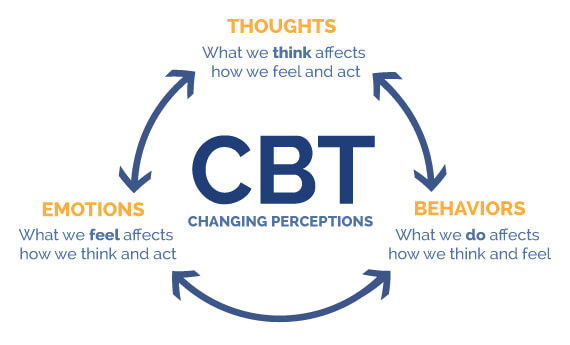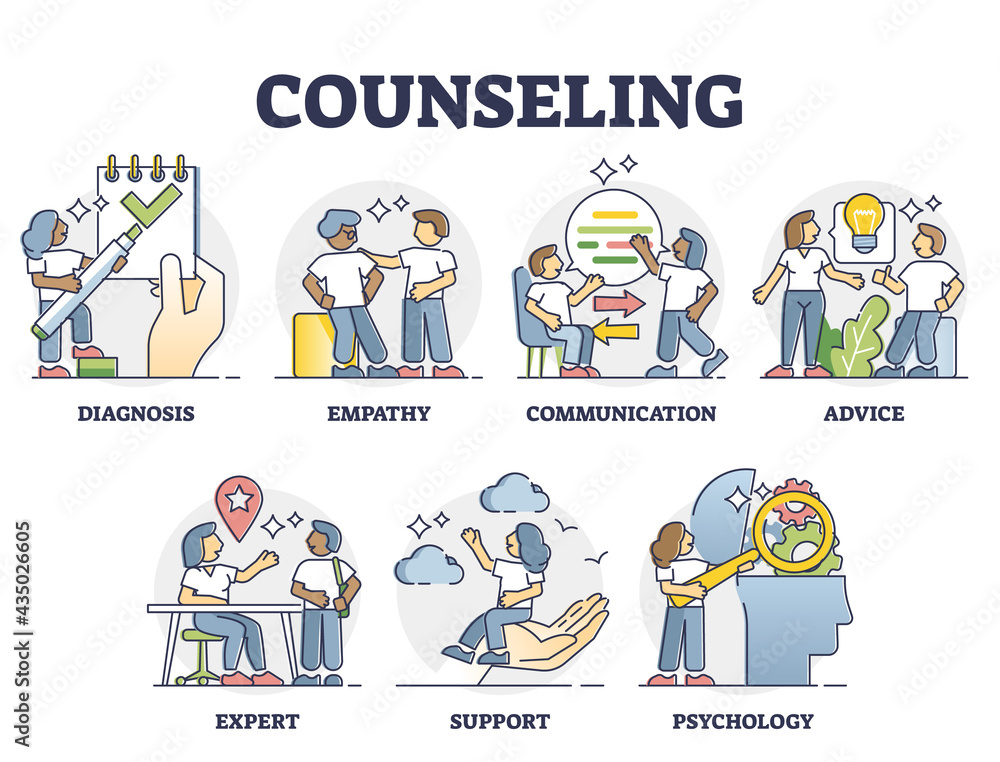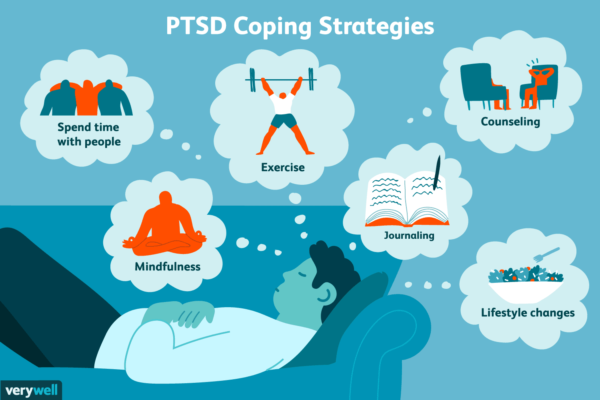Anxiety
Anxiety Treatment
Comprehensive Guide to Anxiety Treatment
Anxiety disorders are common mental health conditions that can significantly impact daily functioning. Effective treatment typically involves a combination of therapy, medication, lifestyle changes, and support systems. Here’s an in-depth overview of the various treatment options for anxiety:
Medications
Antidepressants
1. Selective Serotonin Reuptake Inhibitors (SSRIs):
- Fluoxetine (Prozac)
- Sertraline (Zoloft)
- Escitalopram (Lexapro)
SSRIs are often the first line of treatment for anxiety disorders. They increase serotonin levels in the brain, which can help improve mood and reduce anxiety.
2. Serotonin-Norepinephrine Reuptake Inhibitors (SNRIs):
- Venlafaxine (Effexor)
- Duloxetine (Cymbalta)
SNRIs work by increasing both serotonin and norepinephrine levels, which can help alleviate anxiety symptoms.
3. Tricyclic Antidepressants (TCAs):
- Imipramine (Tofranil)
- Clomipramine (Anafranil)
TCAs are older antidepressants that can be effective for anxiety but often have more side effects than SSRIs and SNRIs.
Benzodiazepines
- Alprazolam (Xanax)
- Lorazepam (Ativan)
- Clonazepam (Klonopin)
Benzodiazepines are fast-acting medications that can help reduce acute anxiety symptoms. They are usually prescribed for short-term use due to the risk of dependence.
Beta-Blockers
- Propranolol (Inderal)
- Atenolol (Tenormin)
Beta-blockers can help manage physical symptoms of anxiety, such as rapid heart rate and trembling, particularly in situations like performance anxiety.

Buspirone
Buspar
Buspirone is an anti-anxiety medication that can be effective for generalized anxiety disorder (GAD) without the risk of dependence associated with benzodiazepines.
Therapy
Cognitive Behavioral Therapy (CBT)
CBT is one of the most effective therapies for anxiety disorders. It focuses on identifying and changing negative thought patterns and behaviors that contribute to anxiety. Techniques include cognitive restructuring, exposure therapy, and relaxation training.
Acceptance and Commitment Therapy (ACT)
ACT helps individuals accept their anxiety and commit to behavior changes that align with their values. It emphasizes mindfulness and acceptance strategies.
Dialectical Behavior Therapy (DBT)
Originally developed for borderline personality disorder, DBT has been adapted for treating anxiety. It combines cognitive-behavioral techniques with mindfulness practices.
Exposure Therapy
Exposure therapy involves gradually exposing individuals to feared situations or objects in a controlled manner. This helps reduce the fear response over time.

Lifestyle Changes and Self-Help Strategies
Regular Exercise
Physical activity, such as aerobic exercise, can help reduce anxiety symptoms by increasing levels of endorphins and other mood-enhancing chemicals in the brain.
Healthy Diet
A balanced diet can influence mood and anxiety levels. Reducing caffeine and sugar intake and eating a diet rich in fruits, vegetables, and whole grains can help.
Adequate Sleep
Ensuring sufficient and quality sleep is crucial for managing anxiety.
Developing a regular sleep routine and creating a restful sleep environment can significantly alleviate anxiety symptoms.
Mindfulness and Relaxation Techniques
Practices such as mindfulness meditation, yoga, deep breathing exercises, and progressive muscle relaxation can help reduce stress and anxiety. These techniques promote a state of calm and improve overall well-being.
Social Support
Engaging with supportive friends, family, or support groups can provide emotional support and reduce feelings of isolation associated with anxiety.
Alternative Treatments
Herbal Remedies and Supplements
Some people find relief from anxiety symptoms with herbal remedies and supplements.
Common options include:
- Kava: May help with generalized anxiety disorder but should be used cautiously due to potential liver toxicity.
- Passionflower: Thought to have calming effects.
- Valerian Root: Often used for its sedative properties.
- Omega-3 Fatty Acids: Found in fish oil, may help reduce anxiety.
- Magnesium: Can help with relaxation and muscle function.
- L-Theanine: An amino acid found in green tea, known for its calming effects.
It’s essential to consult a healthcare provider before starting any herbal remedies or supplements to ensure they are safe and appropriate.
Acupuncture
Acupuncture, a traditional Chinese medicine practice, has shown some promise in reducing anxiety symptoms. It involves inserting thin needles into specific points on the body to balance the body’s energy flow.
Aromatherapy
Using essential oils, such as lavender, chamomile, and bergamot, in diffusers or baths can promote relaxation and reduce anxiety.

Professional Support
Psychiatrists and Psychologists
Psychiatrists can diagnose anxiety disorders, prescribe medications, and provide therapy. Psychologists can offer various therapeutic approaches, including CBT, ACT, and exposure therapy.
Licensed Therapists and Counselors
Licensed therapists and counselors can provide talk therapy and support for managing anxiety. They often specialize in specific therapeutic modalities.
Support Groups
Joining support groups, either in-person or online, can provide a sense of community and shared understanding. Participants can share experiences, coping strategies, and offer mutual support.
Integrative Approach
An effective anxiety treatment plan often requires a comprehensive, integrative approach that combines multiple strategies. Regular follow-up with healthcare providers is crucial to monitor progress and make necessary adjustments to the treatment plan. Collaboration among healthcare providers, therapists, and support networks ensures that individuals with anxiety receive consistent and holistic support.
Conclusion
Treating anxiety effectively involves a combination of medication, therapy, lifestyle changes, and professional support tailored to the individual’s needs. By addressing anxiety from multiple angles, individuals can better manage their symptoms and improve their quality of life. Regular follow-up and adjustments to the treatment plan are essential for addressing evolving challenges and optimizing outcomes. With a well-rounded and integrative approach, individuals with anxiety can achieve greater emotional stability, enhanced functioning, and overall well-being.
